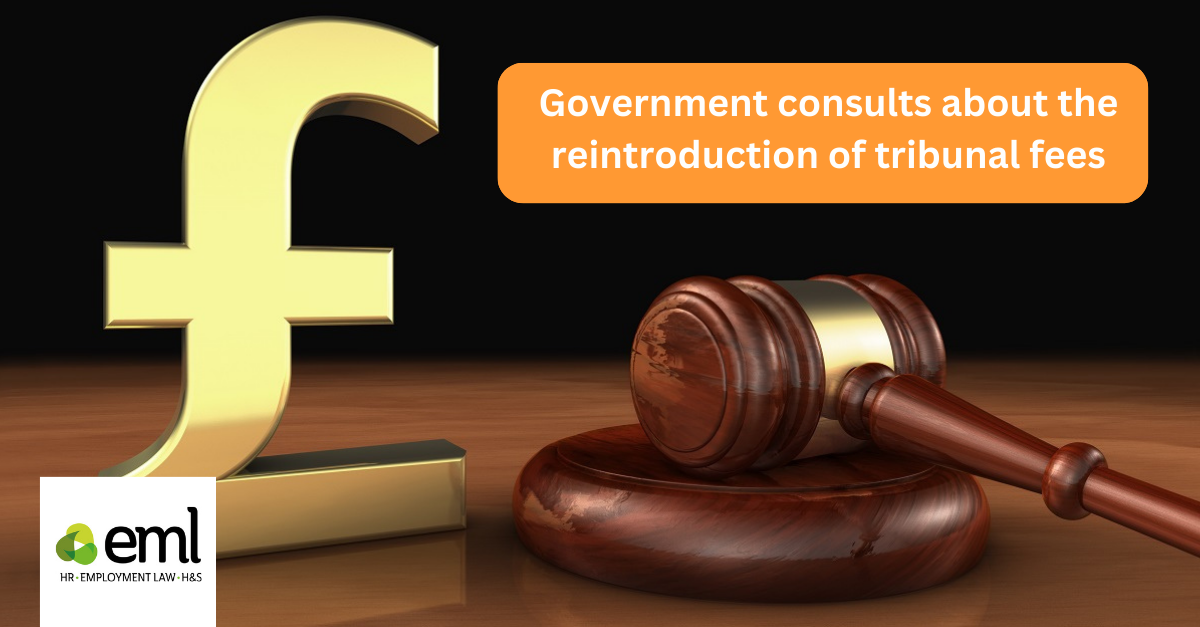Unlike other Civil Courts, the Employment Tribunal provides a (theoretically!) less formal venue for employees to address alleged breaches of employment rights by their employers.
Previously fee-free, the Employment Tribunal implemented a fee system in July 2013, categorising claims into Type A or B, each with associated fees. Type A claims, such as wage disputes and breach of contract, incurred a £160 issue fee and £230 hearing fee, while Type B claims such as unfair dismissal and discrimination imposed fees of £250 and £950 for issue and hearing respectively. Despite there being remission provisions for low-income individuals, the fee system faced criticism for introducing financial barriers to justice.
Following successive legal challenges by UNISON, the Supreme Court eventually quashed the fee regime in July 2017, citing their practical unaffordable and prohibitive nature, disproportionately affecting access to justice, particularly for women and individuals with certain protected characteristics, who were more likely to bring more expensive Type B claims and therefore indirectly discriminated against.
The new proposed fees, significantly lower than previous ones, would be set at a straightforward £55 fee to initiate a claim and there would be no hearing fees. Additionally, fee remissions and exemptions for certain claims, such as those establishing rights to payments from the National Insurance Fund, are also part of the proposal.
The Government has said these new charges will ‘ensure users are paying towards the running costs of the tribunals and put [their] users on broadly the same footing as users of other courts and tribunals who already pay fees’.
In response to the proposal, UNISON general secretary, Christina McAnea, said:
“The government should be tackling the real issues the country faces, not trying to pick another fight with working people. The fact that ministers want to reheat a failed and illegal policy shows that this is a government that ran out of ideas some time ago and needs to step aside. Tribunal fees denied the poorest and most vulnerable access to justice. The only people who would benefit from their reintroduction are unscrupulous bosses. When UNISON forced the fees to be scrapped in 2017, the UK Supreme Court said the government had acted unlawfully and unconstitutionally. Nothing has changed. Tribunal fees were unfair then and they are still unfair today.”
James Roddy, HR and Tribunal Consultant of EML says:
“Whilst the previous 2013 fee structure was spectacularly effective at reducing claim levels (over 50% less claims were lodged whilst they were in situ), they failed to significantly alleviate the £80 million annual operating expenses of the Employment Tribunal Service. Given the significantly lower fees being proposed this time round, it’s doubtful that this new structure will yield substantial changes. While the proposal’s primary goal seems to be covering running costs, its secondary aim is deterring baseless claims. Although upfront fees might dissuade those aware of their unmerited claims, data reveals a concerning trend: successful claims decreased while unsuccessful ones rose after fee implementation. In my view, this underscores the necessity for enhanced initiatives to provide individuals contemplating claims with timely access to reliable employment law advice and guidance.”
EML supply not just commercially minded employment law advice and bespoke HR services, but a comprehensive employment tribunal representation service to our clients. Our experienced consultants have defended thousands of claims over the years and will handle any claims you receive, ranging from straightforward unfair dismissals to complex discrimination cases. If you are an employer facing employment issues which could result in litigation, please feel free to contact us for a confidential, no-obligation discussion on 01942 727200 or email enquiries@employeemanagement.co.uk.

